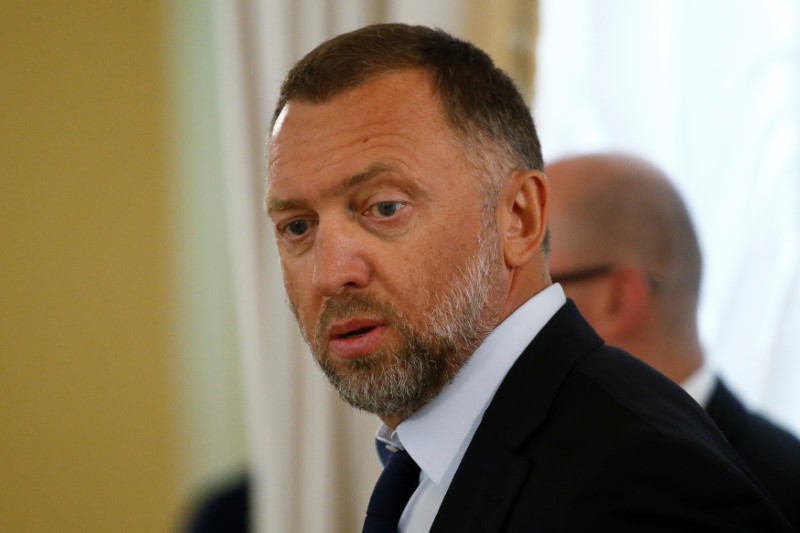WASHINGTON (Reuters) - A Russian oligarch once close to Paul Manafort, President Donald Trump’s former campaign manager, has offered to testify to congressional panels investigating Russian meddling in the 2016 election, but lawmakers are rejecting his conditions, the New York Times reported on Friday, citing congressional officials.
The offer by aluminum magnate Oleg Deripaska comes amid growing attention to his ties to Manafort, one of several Trump associates under scrutiny by the Federal Bureau of Investigation over possible collusion with Russia during the presidential campaign.
Manafort and Deripaska did business in the mid-2000s, when Manafort, a Republican operative, was providing campaign advice to Ukrainian politicians backed by Moscow, but their relationship later deteriorated, resulting in a lawsuit, the Times said.
Representatives for Deripaska in the United States did not respond to the Times' requests for comment.
Manafort has denied any impropriety with his ties to Russia and has turned over documents a Senate intelligence panel had requested.
Deripaska, who is close to Russian President Vladimir Putin, recently offered to cooperate with congressional intelligence committees in exchange for full immunity, according to three congressional officials, speaking on condition of anonymity because they were not authorized to discuss the issue publicly, the Times said.
However, the Senate and House panels rejected his offer because of concerns that immunity agreements create complications for federal criminal investigators, the officials said, according to the Times.
The congressional investigations into Russian interference in the election is separate from a probe into the matter being led by a special counsel appointed last week by the Justice Department, former FBI Director Robert Mueller.
Trump's administration has been dogged by concerns about its ties to Russia and questions over whether Trump associates may have cooperated with Russians as they sought to meddle in last year's election on Trump's behalf.
U.S. intelligence agencies concluded in January that Moscow tried to sway the November vote in Trump's favor. Russia has denied involvement, and Trump has denied any collusion between his campaign and Russia.

Controversy has engulfed Trump since he fired FBI Director James Comey on May 9 as Comey oversaw an investigation into possible collusion between his presidential campaign and Russia.